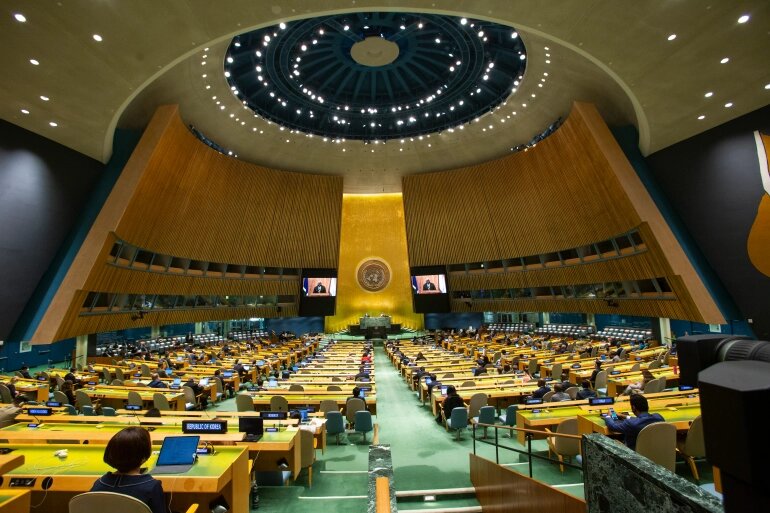Nigeria has achieved a major milestone in the global fight against HIV after securing affordable access to lenacapavir, a revolutionary twice-yearly injection that has been shown to be up to 100 percent effective in preventing new infections.

The announcement was made at the Clinton Global Initiative (CGI) 2025 Annual Meeting, held on the sidelines of the 80th United Nations General Assembly (UNGA) in New York.
Under the new agreement, the cost of lenacapavir has been slashed from $28,000 (₦41.9 million) to just $40 (₦60,000) per person per year, making the drug accessible to millions across Nigeria and more than 100 low- and middle-income countries.
Delivering Nigeria’s statement, the Director-General of the National Agency for the Control of AIDS (NACA), Dr. Temitope Ilori, described the development as a turning point in the country’s HIV response.
“Today marks a milestone in our fight against HIV in Nigeria and globally.”
“Through this landmark access agreement, we are unlocking affordable access to lenacapavir – a transformational prevention option that offers longer protection, greater convenience, and renewed hope to millions at risk,” Ilori said.
She stressed that the agreement ensures equity alongside innovation.
“This breakthrough does not remain a privilege for the few. It lays the foundation for broad, long-lasting impact for those who need it most,” she added.
The price reduction was made possible through a coalition of global health partners, including UNITAID, the Clinton Health Access Initiative (CHAI), Wits RHI, Dr. Reddy’s Laboratories Ltd. (DRL), and the Gates Foundation. These organisations have also committed to accelerating the rollout of generic versions of lenacapavir, expected as early as 2027.
Nigeria’s role in brokering the deal has been hailed as a demonstration of leadership at the UNGA, reaffirming its commitment to expand prevention, strengthen health systems, and fast-track the goal of ending HIV as a public health threat by 2030.
Currently, more than two million Nigerians are living with HIV. While antiretroviral therapy (ART) is already provided free of charge at public health facilities, experts say the introduction of lenacapavir will open a new frontier in prevention, particularly for vulnerable populations such as young women and key affected groups.
Public health advocates have welcomed the breakthrough, noting that it could significantly reduce new infections and accelerate progress toward global HIV elimination targets.

